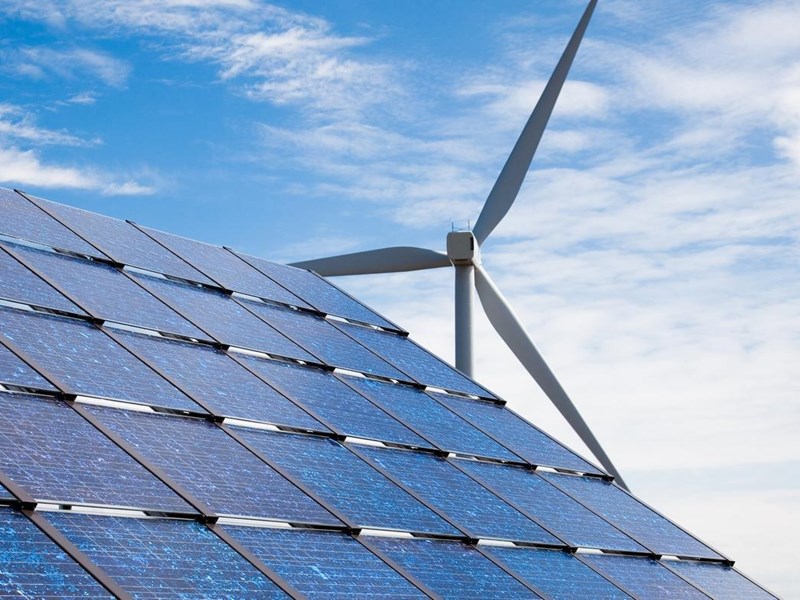Sign up today to get the best of our expert insight in your inbox.
GHG accounting reform could change energy investment | Podcast
Changes to the way emissions are reported will have a big impact on renewable investment
It might be the most important piece of sustainability material in corporate and climate work that no one’s ever heard of, and it drives a huge amount of corporate behaviour.
In 1998, the GHG Protocol Corporate Accounting and Reporting Standard launched, and set out a standard for businesses to measure and report their greenhouse gas emissions. Like financial accounting standards, the GHG Protocol influences corporate behaviour such as investment decisions. So, a planned revision of the rules for reporting Scope 2 emissions is a significant event. The new standard, expected to take effect in 2025, could have a big impact on corporate investment in low-carbon energy around the world.
Now, a consortium of some of the world’s biggest funders of the Greenhouse Gas Protocol, such as Amazon and Meta, are looking to refine the current rules with the goal of increasing the accuracy of reporting. Together with 8 other companies, including Intel and Heineken, they’ve co-founded the Emissions First Partnership, which is advocating for changes to the Greenhouse Gas Protocol.
We are joined by Jake Oster, Director of Energy and Environmental Policy at Amazon Web Services, and Peter Freed, Head of Energy Strategy at Meta, to explain the goals of the EFP and why updating accounting standards is so important.
The EFP says that changes to the GHG Protocol Scope 2 emissions reporting is a crucial step to addressing the climate crisis and decarbonizing the power system. Investment in new renewable technologies from corporates, as a result of the accounting standards being updated in the past decade, is increasing. Pre 2015, before the current market-based methodology was in place, there was about a gigawatt of installed capacity coming from PPAs. Today, there’s more than 100. The pace of progress in the energy transition is accelerating as reporting standards are refined and the EFP aims to continue this progress.
Follow us on Twitter, we’re @interchangeshow






